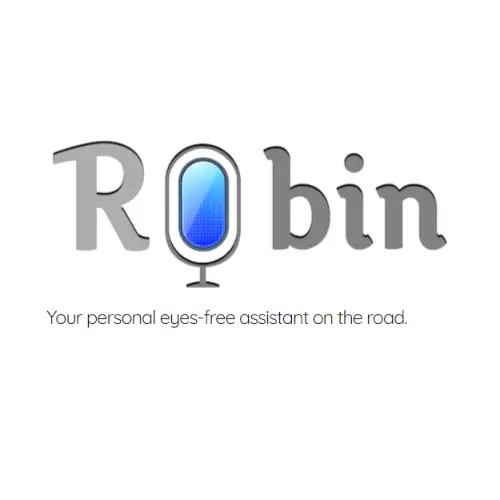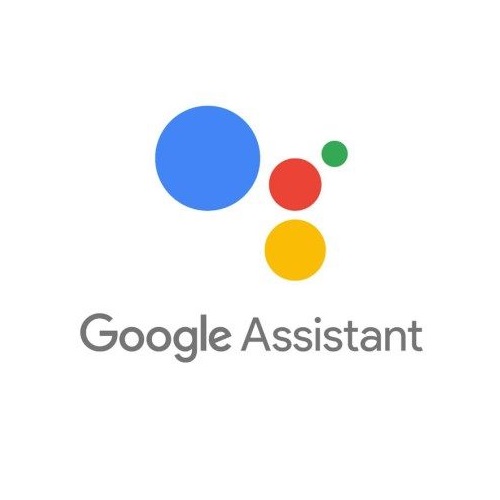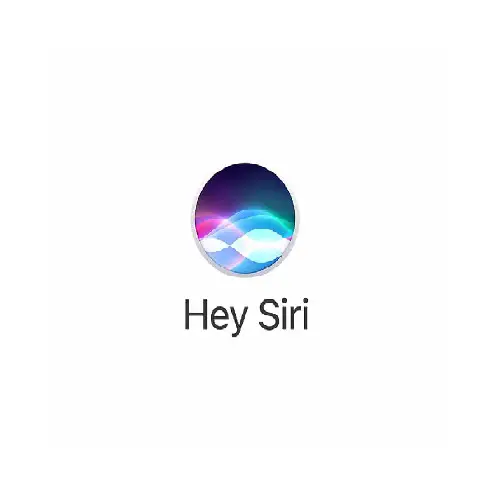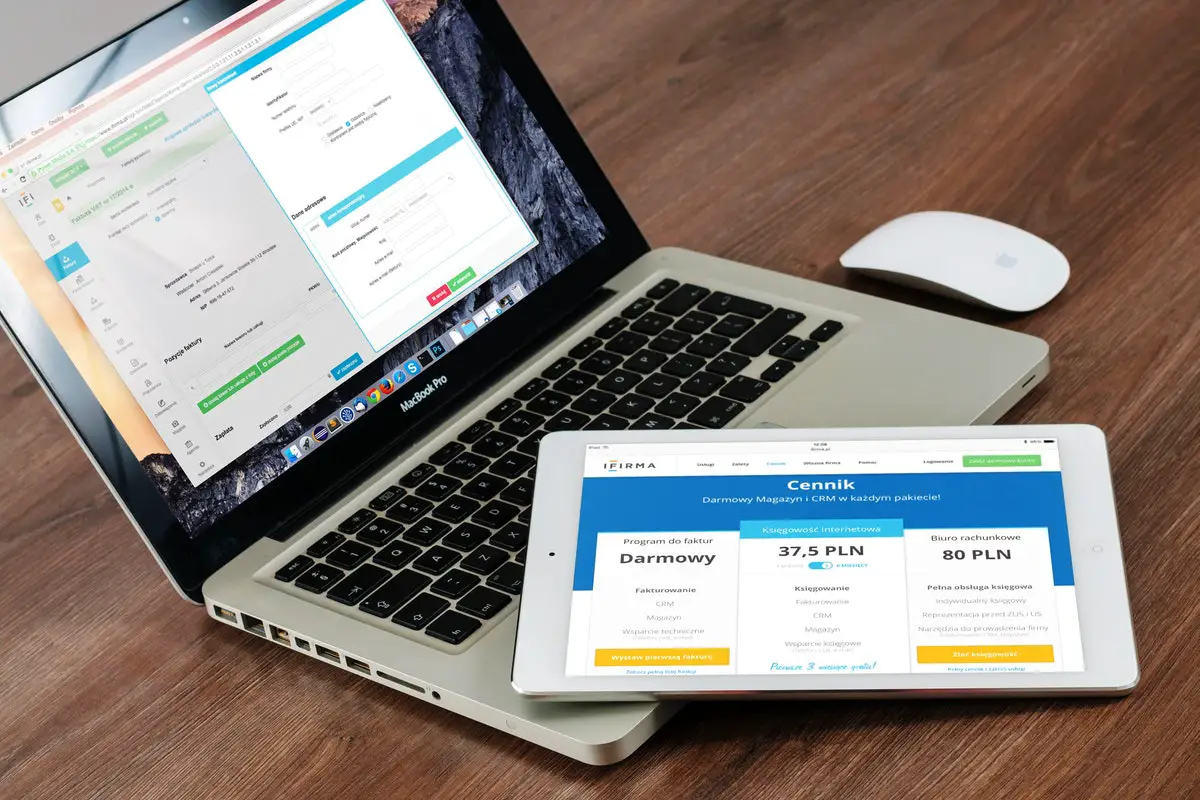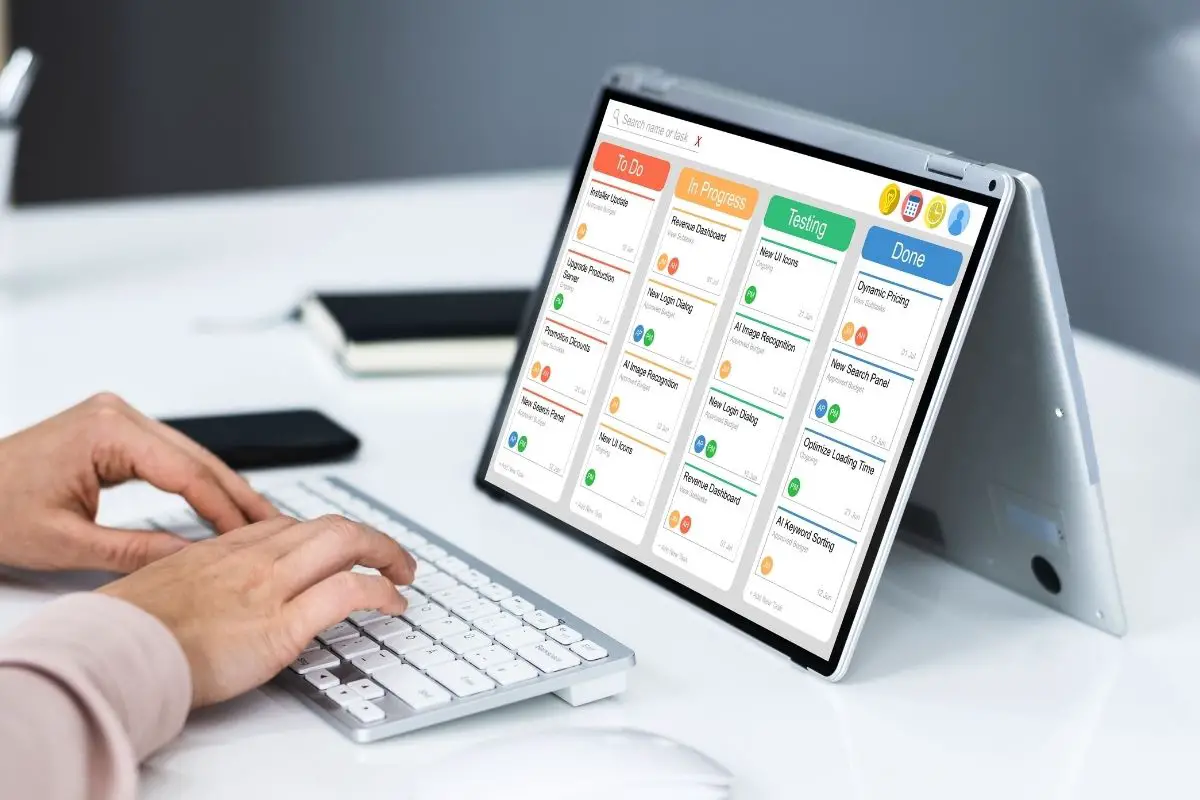Over ten years ago, an AI virtual assistant was a concept that you only came across in sci-fi movies.
Now this technology is not only real, but it's rapidly becoming more commonplace by the day.
AI assistants now come built into almost any mobile phone, and their available functions have only gotten more expensive as they continue to evolve.
That said, many people still don't have faith in the abilities of an AI assistant.
For most of us, they are an impressive novelty that is fun to use in front of our friends, but we have yet to seriously integrate them into our daily lives.
However, these programs can actually be very useful for carrying out simple tasks and helping us to accomplish our goals quicker and more effectively.
You will have already heard of several AI assistants, and by the end of today you will have heard of a few more.
In this article, we will be looking at some of the best AI assistants currently available.
We'll cover programs for use on a wide variety of operating systems, looking at what makes them so special and how they can help you in your day-to-day activities.
Best AI Assistant
OUR TOP PICK
Bixby is Samsung's latest attempt at creating their own AI assistant, and as such it is only compatible with Samsung phones.
It was first featured on the Samsung Galaxy S8 and now comes preinstalled on every new Samsung phone or mobile device.
The program itself is fairly basic, offering users access to a number of features including voice control, messaging, calendar management, reminders, and more.
This assistant used to have issues with voice recognition, and for a while many customers believed that Samsung had given up on their virtual assistant.
However, since the latest update, you no longer need to teach this AI how to recognize your voice, and it will activate whenever you say the phrase 'Hello Bixby.'
Once you have activated it, you can use this application to automatically play music from your playlists, contact people by phone, email, or SMS, and much more.
If you have any devices that are compatible with Wi-Fi or Bluetooth, then you can use Bixby to control them.
So for example, if you have a coffee machine that is integrated with the Internet of Things, then you can ask Bixby to start brewing you a cup no matter where you are.
You can also create routines which can be activated by a single voice command. An example of this would be giving Bixby the command 'I'm going for a run'.
Upon this request, the app will then automatically start a running tracker, set your volume to the right level and start playing your favorite playlist for running.
Pros
- No longer requires training to recognize the sound of your voice.
- Can be set to follow certain routines activated by a single command
- Compatible with devices linked to the Internet of Things.
Cons
- Only available on Samsung phones.
EDITORS CHOICE
In 2017, Robin made its debut on Android devices as a virtual assistant specifically designed for drivers.
It works like an elaborate GPS offering assistance with navigation, live traffic updates and other useful information for drivers.
The main advantage of using Robin is that it can be completely controlled through voice commands, meaning you can keep your hands on the wheel and your eyes on the road.
With the navigation function, you can ask Robin for directions to the nearest, and cheapest, gas station, as well as receiving directions to your destinations.
You can also ask Robin to perform actions such as making a call or sending a message, and it will carry out those requests without requiring you to take your hands off the wheel.
If you enjoy listening to radio while you drive, then Robin can learn and remember your favorite stations or playlists.
One of the most useful features of this assistant is its ability to keep you informed about traffic in your area.
Simply saying the phrase "Traffic to work" will trigger the app to search through traffic reports and give you an accurate assessment of how much congestion there is on the roads.
You can also use Robin to find available parking places, so you can save time and get where you're going even faster.
Pros
- Dedicated AI assistant for drivers.
- Can play your favorite radio station, find parking places, gas stations and more.
- Completely operated with voice and gesture commands.
Cons
- Struggles with some specific google searches.
BEST VALUE
Data bot is a cross-platform AI assistant that is compatible with any mobile device or operating system.
It is capable of speaking in several different languages, a few of which include English, Italian, Japanese, and Arabic.
As such, this is a great virtual assistant for anyone, no matter where they live or what kind of device they use.
Like other AI assistants, Databot helps you complete small tasks throughout your day and is great as a digital secretary.
It allows you to check and send messages, schedule events in your calendar and get reminders about upcoming commitments all from your phone.
There are several modules built into this AI, which alter its functions, so you can go from having a personal secretary, to asking Databot to tell you Chuck Norris jokes.
Most AI assistants can complete basic google searches for you, but Databot takes this a step further.
When you ask this program a question it can give you the answer as part of a presentation speech, allowing you to get as much, or as little information as you want.
Other features included in this program include trivia information about fictional characters, news and horoscope updates, as well as a brain training module.
Pros
- Different modules for accessing the multitude of functions this app offers.
- Works on any device.
- Can speak in several different languages.
- Can act as a personal secretary, brain trainer, or joke bot.
Cons
- Uses a lot of data.
- This AI assistant can't receive voice commands.
RUNNER UP
Google Assistant is Google's own take on the concept of an AI assistant. It's available on both iOS and Android devices, and is built into many different products, ranging from smart speakers to phones.
Since it is owned by Google, it is also one of the best AI assistants for web searches, and is integrated into a number of internet services from shopping malls to Netflix.
As with most AI assistants, Google Assistant is designed to help you complete everyday tasks.
You can use it to find directions, play music, create shopping lists, and since it is hosted by one of the major search engines in the world, it can carry out all the functions very well.
All of these features can be accessed by simply saying the phrase "Hello Google'', followed by your request.
Google Assistant's voice recognition technology is one of the best currently available on the market.
When you first try to use it, you will need to teach the assistant how to recognize the natural cadence and sound of your voice.
This process involves repeating a few choice phrases, and while it may sound like a lengthy training session, in reality you can complete it in a matter of minutes.
Pros
- Speaks up to 15 different languages.
- Compatible with a wide range of different popular apps.
- Simple and easy to use on both Android and Apple devices.
Cons
- Requires a lot of personal information to unlock its full potential.
RUNNER UP
Amazon
The company originally launched the service back in 2014, and since then it's grown to be one of the biggest players in the industry.
Unlike Google Assistant and Siri,
The main benefit of
She can answer questions, control smart home appliances, read the news, and even order food.
The downside is that
These languages include English, Spanish, French, German, Italian, Hindi, Japanese and Portuguese, which is quite a limited selection.
If you do speak one of these languages, though, then you will find
Pros
- Integrated into a number of smart speakers.
- Simple and easy to use.
- Capable of a wide range of different functions.
Cons
- Limited selection of languages.
RUNNER UP
Microsoft Cortana is another popular choice when it comes to AI assistants.
Named after Master Chief's fictional AI assistant from the Halo series, this program is less advanced than its fictional namesake, but it still boasts a great selection of features.
Like
If you already use Cortana on your PC, then you're probably familiar with what she can do. She can remind you to buy milk, tell you the weather forecast, and much more.
It can also handle basic requests, such as scheduling appointments, finding addresses, and sending text messages.
If you want to get started using Cortana, all you need to do is open the Cortana app on your PC, and select the option to add a new account.
From here, you can choose between Microsoft accounts (such as Gmail) or Facebook accounts.
Once you've added your account, you can begin using Cortana. Just speak out loud, and she will respond.
Pros
- Comes preinstalled on all Windows 10 PCs.
- Simple and easy to use.
- Compatible with Google and Facebook accounts.
Cons
- Relies on Bing search results rather than Google.
RUNNER UP
Apple's Siri was the first AI assistant to ever grace our smartphones, and it has evolved considerably since being introduced in 2011.
It's strictly relegated to Apple's ecosystem, meaning you can use it on iPhone, iPad, Mac computers, and Apple Watch, but not on Android or Windows devices.
Since it was one of the first, Siri is also one of the most advanced AI assistants currently available.
It works with almost any apple product and can execute a wide array of different commands. You can tell Siri to look something up, or search for a restaurant nearby.
She can also remind you about upcoming events, or help you get directions.
If you're using Apple Music, you can ask Siri to play songs based on your mood, or let you know what's going on in your favorite sports team's game.
You can also send money via Apple Pay, which is a very useful function for entrepreneurs or small businesses. Overall, if you own any apple products, you owe it to yourself to see what Siri can do for you.
Pros
- Can execute a wide variety of different functions.
- Available in over 35 different countries.
- Great voice recognition.
Cons
- Only compatible with Apple devices.
What Makes A Good AI Assistant
When choosing which AI assistant to use, there are several factors to consider. You want a program that has a wide array of functions, but you also want it to be able to carry them quickly and efficiently.
If you get the wrong assistant, you could end up having to repeat the same command multiple times before the AI recognizes what you are asking it to do.
As such, here are a few things to consider while you are looking for an AI assistant.
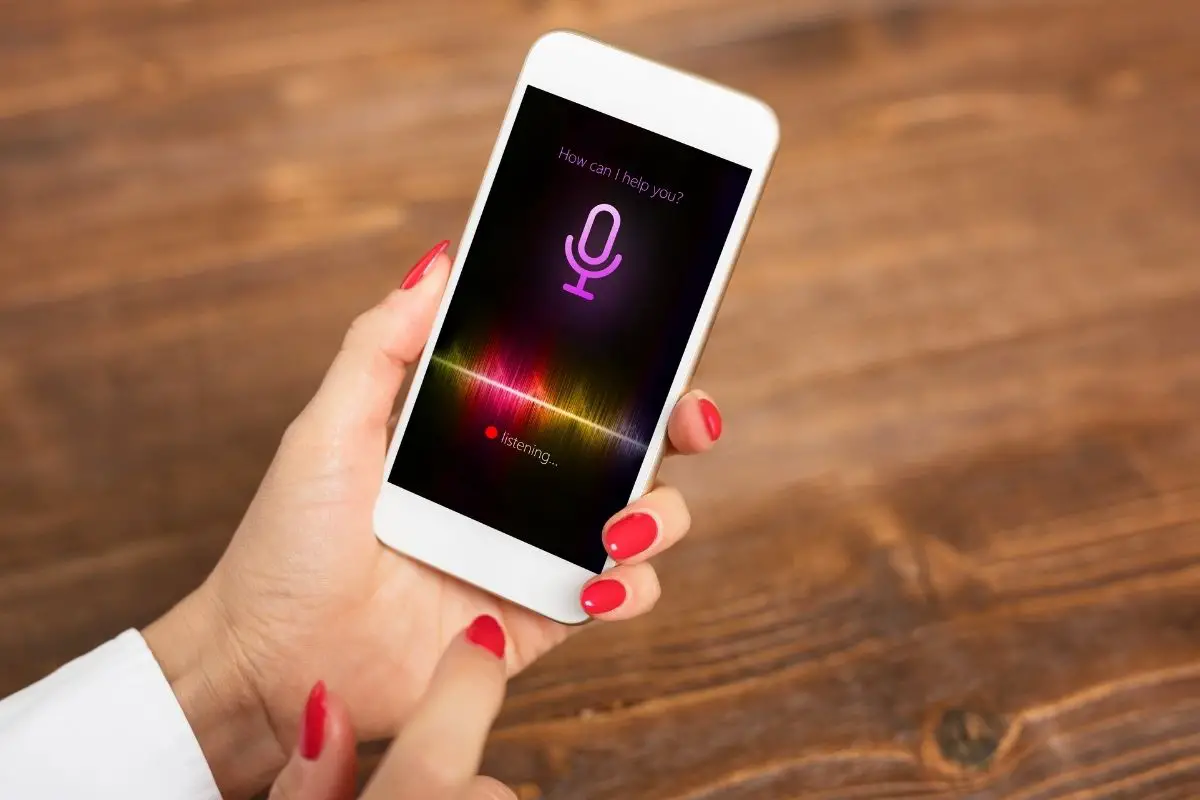
Where you live
First and foremost, make sure that your chosen AI assistant works in your area. This means picking a program that can support your native language, and receive data about your geolocation.
If your AI can't understand you, then it won't be able to carry out your commands.
Furthermore, if your software of choice can't gather data about your geolocation, then it won't be able to offer specific advice that is relevant to you.
Always check that an AI assistant can understand your native language before you decide to download it.
What devices you own
Next, think about how many devices you currently own. Do you have an Amazon Echo? An Android smartphone? A smartwatch? A laptop?
It's important to note that some AI will only be able to function on specific devices.
For example, if you own an Amazon Echo, then you'll most likely want to stick with
What features are you looking for?
Now, once you've decided which devices you have, and which ones they support, you should start thinking about what kind of features you would like from your AI assistant.
Are you looking for a simple way to set timers? Or maybe you want to be able to control your home lights?
Whatever you choose, make sure that the AI assistant you select offers the features you want it to.
If you want something for a very specific purpose, then you may do better with a dedicated assistant over a general one. For instance, if you want an assistant to primarily function as a GPS, then Robin will be a much better choice than something like Bixby.
Frequently Asked Questions
Can AI Assistants Access Applications On My Device?
Yes! In fact, many AI assistants can access applications on your device. They can read messages, listen to music, answer questions, and even perform actions within apps.
However, this feature isn't always available. Some assistants will require that you give permission for them to access certain applications. Others may only be compatible with specific apps over others.
A good example of this is that Siri will probably prefer to use Apple Maps over Google Maps, whereas the opposite would be true of Google Assistant.
How Does An AI Assistant Work?
Digital assistants utilize the computer chips, microphones, cameras and software on your mobile device.
This allows them to receive voice commands and process the information contained in those commands to do specific tasks.
Once a user asks an AI assistant to perform a certain task, the audio signal gets converted into digital data, and the software analyzes the data to carry out the requested function.
As you may expect from an AI, these programs are capable of collecting data about your day-to-day activities, so they can offer a more personalized experience.
This could include remembering aspects of your daily routine to provide more efficient reminders, or simply knowing what your favorite playlist is for driving or exercising.
What was the first AI assistant?
The very first AI voice assistant was Siri, which was released as a pre-installed application on the iPhone 4S in October 2011.
Before this there were other attempts at virtual assistants such as IBM Simon. This program was one of the first to use voice recognition technology to carry out commands and help PC users with daily tasks.





